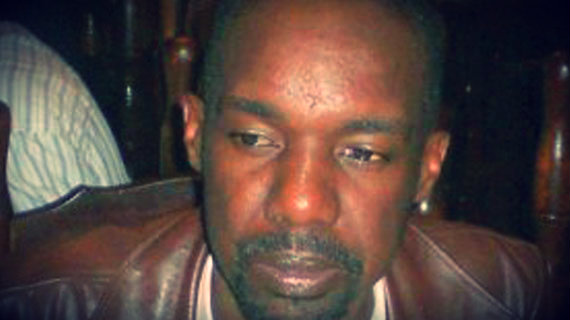
WHEN the story about the July 31 election is told it will be that of the media and the politicians. We the electorate seem to be bystanders in a drama that is unfolding in the news and rallies across the length and breadth of Zimbabwe.
Lenox Lizwi Mhlanga
The polarisation that has been the trademark of Zimbabwean society has been magnified by both the State and private media. The former has been predictable, coming out full force in the corner of Zanu PF and not being apologetic about it. It has been nauseating to put it mildly. This is exactly what the clamour for media reforms has been all about.
ZBC’s Happison Muchechetere was blunt about why the national broadcaster wasn’t going to be bulldozed into carrying political adverts after a complaint by Prime Minister Morgan Tsvangirai’s MDC-T.
“If they received a letter, they should not rush to say their advert was rejected. This is not a dip tank. We have regulations that we follow,” he said.
Strangely though, not entirely unpredictable, Paul Chimedza, the chair at Zimpapers, echoed similar sentiments. Never mind the fact that he is the Zanu PF candidate for Gutu South.
So skewed is the landscape that even when the opportunity came for political adverts to be aired, one party aimed straight below the belt with a series of adverts bordering on character assassination of a particular presidential candidate.
The gloves were off. Reactions to this moved to the numerous rallies that were addressed by the candidates where the moral character and in some cases the cosmetic qualities or lack thereof of one became the subject of brazen ridicule.
- Chamisa under fire over US$120K donation
- Mavhunga puts DeMbare into Chibuku quarterfinals
- Pension funds bet on Cabora Bassa oilfields
- Councils defy govt fire tender directive
Keep Reading
Back on the news stands, the State media was seen carrying a series of articles of dubious origin, the classic one being that of a plot to disrupt the special vote through the connivance of two MDC-T ministers Tendai Biti and Elton Mangoma.
Opinion pieces continue to be disguised as news quoting a phantom army of faceless sources and analysts. The private media has not been without fault. Puff pieces have found their way into the mainstream, with some stories lacking depth and analysis.
One article was so profuse with glee about the academic qualities of a particular candidate that the content of his speech was lost in the bravado of the writer.
The fact that the election is a numbers game is not lost on both the politicians and the media. The State and private media have been using images of rallies to imply that the presidential candidates were indeed popular.
The numbers thrown around in the papers have been short of incredible. The most classic was that of the Masowe crowd in Marange where one official put it at 400 000!
The other extreme was that of journalists literally drooling at the numbers witnessed at a particular rally in Sakubva.
A colleague quipped that he was not sure whether the scribe he was talking to was a member of the Press or a mere publicist of the party. On the issue of numbers, it has become clear that the bussing of supporters to rallies has become a political reality in our elections. Candidates seem to be bent on outdoing each other to show their dear leader how many they can assemble in a single sitting.
We are now convinced that the same people are being shuttled from rally to rally and have certainly become serial rally attendées. Who wouldn’t want a free T-shirt, cap, transport or food hand-outs? The danger of using rallies as a barometer of a particular leader’s popularity and their increased chances of winning the poll are fraught with danger.
As one comedian said, they should leave some space for disappointment. Travelling to Nyanga for a workshop for editors on election reporting last week, one would be forgiven for thinking that one was entering a one-party State judging by the number of people wearing the caps and T-shirts of a particular political party.
In fact, we were the odd ones out and at one point feared for our safety for not making that particular fashion statement. At the same workshop, it was not surprising to hear that certain stakeholders had scored the media very low when it came to election coverage. Depending on where one stood, it has become patently clear that the media is split right down the middle when it comes to partiality.
People complain that they cannot afford to buy all the media products on offer to piece together a semblance of what the reality is on the ground. The media has also been accused of agenda setting and cooking a witch’s brew of fictitious stories in the newsrooms. Some news vendors have literally thrown all caution to the wind and rooted for one or the other candidate.
As we move towards the election day, there should be serious soul-searching by both politicians and the media cognisant of what the landscape would be like after next week.
With guidelines available for them to at least retain a semblance of credibility and substance, the personalisation of Zimbabwe’s elections should be the last we will ever experience.










